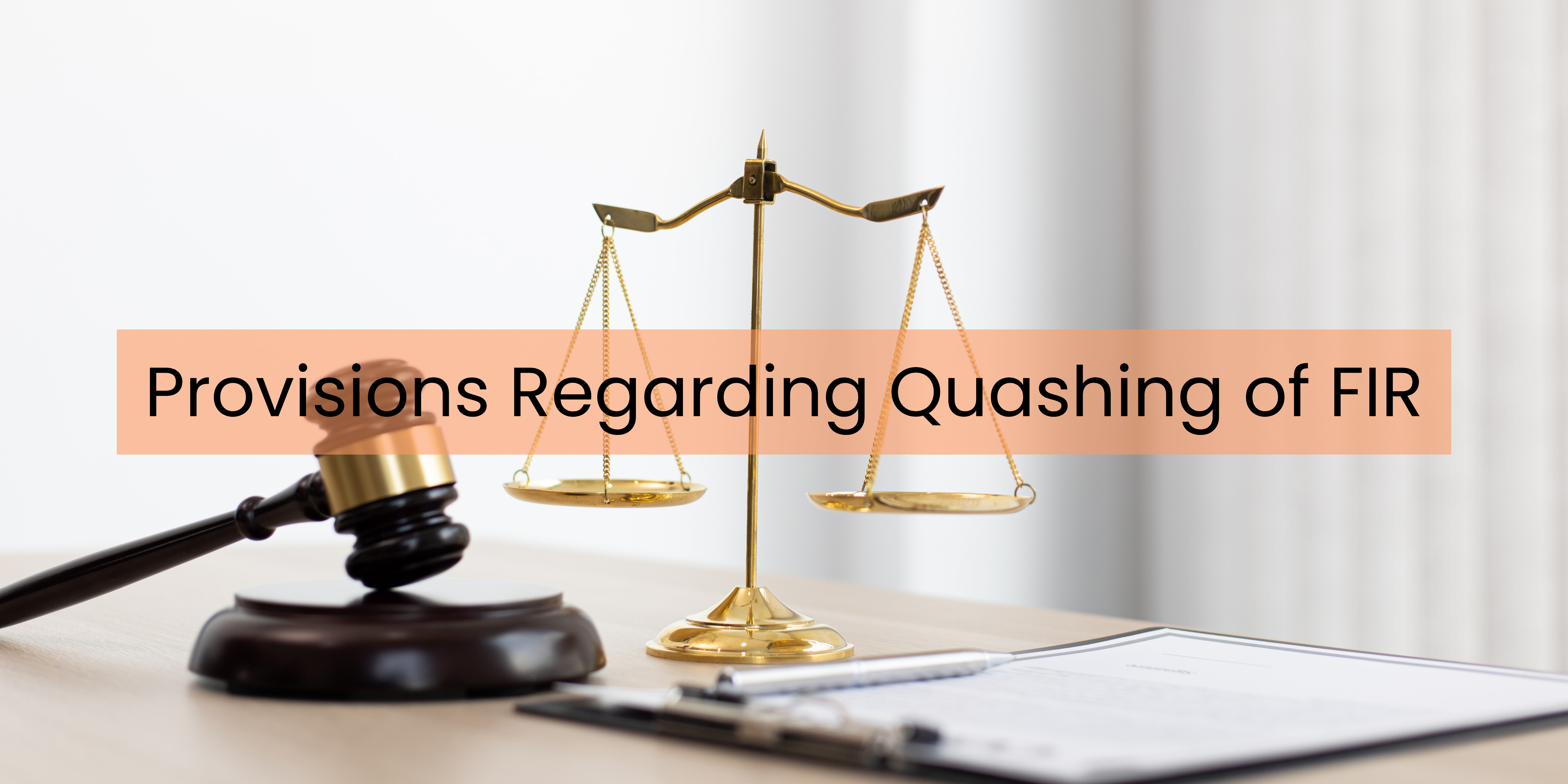Legal research stands as a cornerstone of a law student’s journey, especially for those pursuing an LLB degree. It’s a skill that empowers budding lawyers to navigate the complex web of laws, regulations, and precedents. Understanding the essential resources and techniques for effective legal research is pivotal in refining this craft.
Legal research involves delving into statutes, case law, regulations, and other legal materials to understand, interpret, and apply the law. For LLB students, mastering this skill is fundamental to excelling in their academic and professional endeavors.
So, Let’s move to Step 1
Step 1: Essential Resources for Legal Research
The legal world operates on two pillars: primary sources (the law itself) and secondary sources (commentary and analysis).
Primary sources include:
- Statutes and Regulations: Laws passed by legislative bodies, regulating various aspects of society. Think of them as the rulebook.
- Case Laws: Judgments from courts, interpreting and applying statutes to specific situations. Imagine precedents setting the course for future cases.
Secondary sources, your friendly legal Sherpas, include:
- Law Libraries and Databases: Law libraries are treasure troves housing various legal materials. Online databases like Manupatra, SCC Online, Indian Kanoon, etc provide access to extensive legal databases, statutes, case law, and scholarly articles. These platforms offer indispensable resources for research.
- Legal Encyclopedias and Journals: Legal encyclopedias, like the Nalsar Encyclopedia of Law, and the Indian Encyclopedia of Law, offer broad summaries of legal topics, aiding in gaining an overview of complex legal matters. Journals provide in-depth analysis and scholarly discussions on specific legal issues.
- Government Publications and Official Websites: Official government websites offer access to current legislation and regulations. Think of them as the source of truth directly from the legal fountainhead.
- Legal News, Blogs, and Websites: Blogs and websites authored by legal experts often offer practical insights, discussions on recent cases, and analysis of legal trends. Platforms like LiveLaw, Bar & Bench, and Lawyer’s Club India are valuable resources for staying updated.
Step 2: Efficient Legal Research Techniques
Now, that you have your map (sources) – time to refine your orienteering skills! Here are some essential research techniques:
- Defining the Issue: Before delving into research, comprehending the research question or problem is crucial. Break down the question, identify keywords, and ascertain the scope to streamline your research.
- Keyword Magic: Master the art of keyword combinations using Boolean operators (AND, OR, NOT) to refine your search in legal databases like LexisNexis. Think of them as filters sorting through the legal haystack.
- Case Analysis: When analyzing case law, remember the IRAC method: Issue, Rule, Application, Conclusion. Break down the case step-by-step, understanding the legal issue, applicable rule, its application to the facts, and the court’s ultimate conclusion.
- Shepherding Your Sources: Always check for subsequent cases that might have overruled or modified your initial findings. Think of it as double-checking your map for detours.
- Citations Matter: Learn proper citation formatting to give credit where it’s due and avoid academic pitfalls. Consider them as your legal passport, ensuring credibility and professionalism.
- Critical Analysis and Evaluation: Practice critical thinking by critically evaluating the sources obtained. Assess the authority, currency, relevance, and reliability of the information before incorporating it into your research.
- Keeping Updated: The legal landscape is dynamic. Stay updated with recent case law, legislative changes, and amendments to ensure the accuracy and relevance of your research.
Step 3: Remember, Practice Makes Perfect!
The more you practice legal research, the more confident and efficient you’ll become. Take advantage of research assignments and moot court exercises to hone your skills. Remember, legal research is not just a skill, it’s a superpower – the ability to navigate the complexities of the law and uncover the truth, one case at a time.
Conclusion
Mastering legal research is an ongoing process that requires dedication, practice, and a thorough understanding of available resources and effective techniques. LLB students, in their pursuit of legal expertise, must harness these resources and techniques to navigate the intricate realm of law effectively.
By utilizing law libraries, databases, primary and secondary sources, and employing effective research techniques such as Boolean operators, citation analysis, and critical evaluation, aspiring legal minds can enhance their ability to conduct comprehensive and reliable legal research.
Developing this skill not only aids in academic success but also forms the bedrock of a successful legal career, equipping individuals with the tools necessary to analyze, interpret, and apply the law with precision and confidence.
So, LLB students, arm yourselves with these resources and techniques and step into the legal research arena with confidence. Remember, with each case you analyze, and each statute you understand, you build your legal compass, one step closer to mastering the maze.
Also Read: 9 Tricks to Memorize Bare Act Sections Easily for LLB/Law Students


